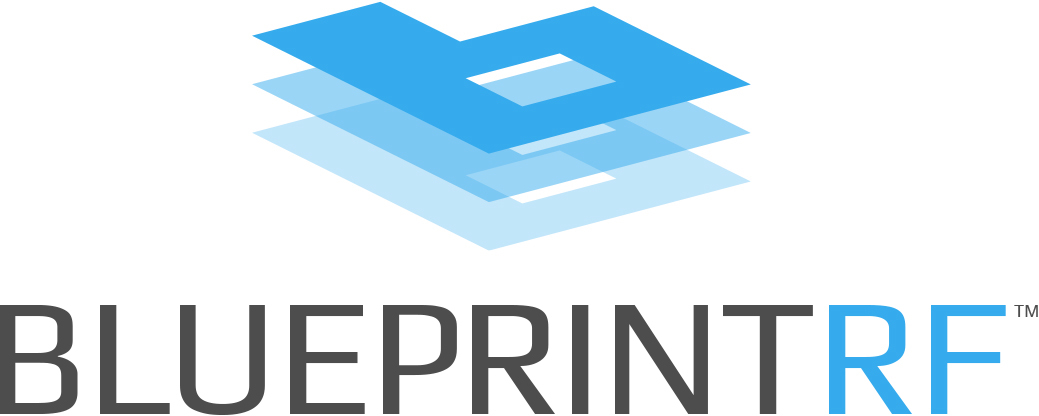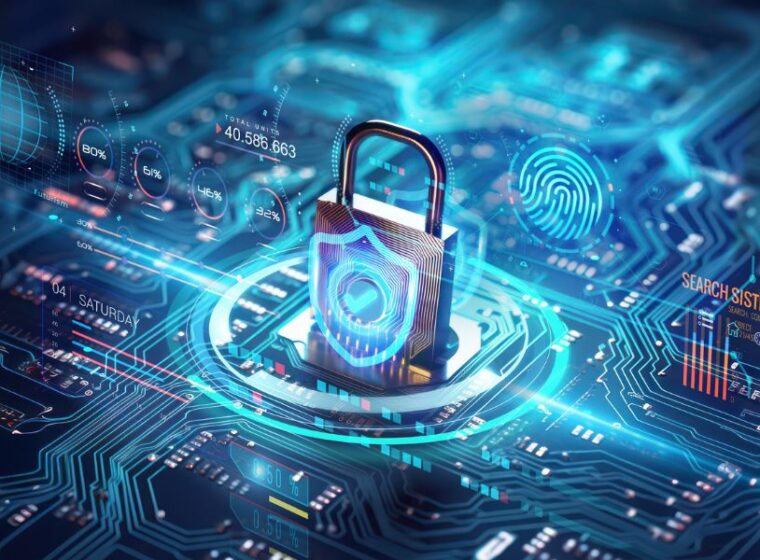As private users embrace the internet of things (IoT), hotels look for connected solutions to add extra value. Your hotel guests want every comfort of home, including voice-activated services. Hoteliers need more ways to reduce expenses while improving customer experience. Smart technology, like IoT solutions, delivers both. According to CSGI, “94% of organizations that have implemented IoT solutions have seen a return on their IoT investments.”
WiFi is essential to your guest’s IoT experience. Yet, the rapid growth of IoT proves that consumers will soon expect intelligent services in their hotel rooms. And from a hotel management company’s view, all this new hotel technology should communicate with one network. Aligning with a core network provider can help achieve better IoT understanding as your data is collected from a single structure.
Explore the roles of smart hotel solutions and how each one impacts the future of the hospitality industry.
IoT Solutions Affect Overall Hotel Operations
Hotel IoT use cases show that smart technology applications improve operations at every level. For instance, embedded IoT technology supports fast data-backed decisions by management. Since automation reduces repetitive tasks, managers boost productivity without adding resources. In return, employees take actions that have a direct impact on customer experience. Smart technology applications:
Provide advanced asset tracking. From machines to food trays, IoT solutions alert staff to service needs. Smart technology tracks maintenance schedules to help you avoid equipment breakdowns. Sensors buzz your team when a guest leaves a food tray or luggage cart outside their doors. IoT goes beyond smart RFID tags because you can automate a process that sends a task to employees based on equipment status.
Supports corporate social responsibility (CSR) goals. A combination of eco-friendly devices brings down your carbon footprint while giving you real-time updates on energy usage and air quality. An example is a smart technology that monitors your outdoor landscaping and only waters when needed. Plus, sensors pinpoint water leaks and alert your team.
Smart Hotel Technology Impacts Customer Experience
From small pain points to broader issues, each element of the hotel experience benefits from the use of IoT solutions. With enhanced smart features, your guests adjust their room preferences and automatically feel as though you’ve personalized every touchpoint. Intelligent technology:
Increases mobile engagement. Put control in your guest’s hands by using IoT technologies. Your guests use their cell phones to activate preferred hotel room settings. With automation, pre-set configurations for lighting or TV streaming turn on as your guest opens the door.
Delivers a customized experience. Retain guests by ensuring every visit goes beyond their expectations. Smart technology solutions notify guests about the availability of dinner reservations or low wait times at the fitness center. Personal data allows you to send exclusive offers designed to meet your guest’s needs.
Ways to Use IoT and Smart Technology Applications
Hoteliers apply IoT solutions across multiple layers of hotel operations. Each application serves to increase customer experience and hotel revenue. Smart hotel technology boosts revenue by:
- Strengthens and reinforces efficient and productive processes
- Reduces hotel operating expenses with energy and labor cost-saving measures
- Provides data to explore new revenue streams, amenities, and product offerings
Furthermore, connected solutions offer an array of benefits that support seamless hotel experiences and interactions.
Enhance Hotel Check-In Processes
The check-in process has long been a pain point for hotel guests. IoT solutions deliver a seamless and touch-free experience. Add recognition technology that uses biometrics like face and fingerprint recognition to reduce check-in and check-out friction further.
Smart technology delivers guests a digital key via their cell phone. Once your guests arrive, then they go right to their room. Your virtual system automatically checks in your guests once they use their digital key.
Improve Efficiency With In-Room Automation Tools
According to Energy Star, “Hotels spend at least 6% of their operating expenses on energy.” In-room automation reduces your costs while improving the customer experience. Occupancy sensors track room activity to shut down unnecessary features and resume functions when your guests arrive. Smart technologies control:
- In-room and hotel-wide smart lighting
- HVAC systems and thermostats
- Televisions and other appliances
Supplement a Data-Driven Culture
Data obtained from various IoT devices support predictive analytics. Using internal and external factors gives you a granular view of the customer experience. Combine data from multiple sources to anticipate high-volume activities throughout the year. Add data from customer reviews and surveys to meet and exceed expectations.
Offer Voice Controlled Customer Service
In-room voice-controlled devices give guests the same experience they’re used to at home. The popularity of IoT, like Amazon Alexa, allows users to do a variety of things by using their voice instead of picking up a phone. For example, your hotel guests can:
- Order room service
- Change the room temperature
- Schedule appointments with your hotel services
- Set a wake-up call or reminders
Improve Guest WiFi Experience
Guests connect to your WiFi within minutes of entering your hotel. Jady West, Vice President of Hospitality at Cox Communications, tells Hospitality Technology, “A subpar network could be the difference between a guest having an “okay” experience to a “wow” one simply because of the speed with which devices respond.”
Anything you can do to make connecting to WiFi easier benefits the guest experience. Combine a capable managed network with customer-friendly IoT solutions. A robust infrastructure supports future growth while staying on top of the latest monitoring and security concerns of hotel guests.
Future-Proof Your Hotel With IoT Solutions
Hoteliers continue to adjust their business to operate smarter and run leaner. But, this means adopting IoT solutions that produce greater efficiencies and cleaner environments than before. Adapt to changing customer expectations by employing smart hotel technology.









